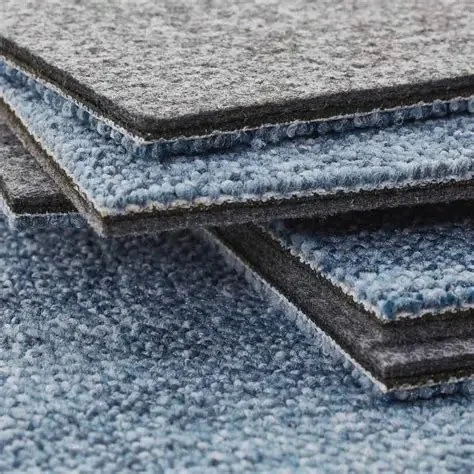
- How Do Carpets Affect Acoustics?
- The Benefits of Carpets for Soundproofing
- Types of Carpets for Improving Acoustics
- Other Acoustic-Enhancing Tips
- Choosing the Right Carpet for Your Home
1. How Do Carpets Affect Acoustics?
Carpets play an important role in improving the acoustics of a room by absorbing sound. They help reduce echoes and unwanted noise, making your space quieter and more comfortable. The fibers in the carpet act as sound absorbers, reducing the reverberation of sound waves. This is especially helpful in large rooms or spaces with hard surfaces like tile or hardwood floors, which tend to amplify sound.
2. The Benefits of Carpets for Soundproofing
Carpets provide significant soundproofing benefits for your home. Here are some of the main advantages:
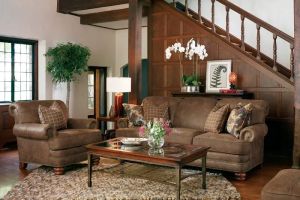
Harding's Attica Furniture, Flooring, & Mattress
703 Creek Rd, Attica, NY 14011, USA
2.1 Noise Reduction
One of the primary reasons people install carpets is to reduce noise. Whether it’s footsteps, conversations, or external sounds, carpets absorb and dampen sound, preventing it from traveling throughout the house. This makes carpets a great choice for apartments or homes in busy neighborhoods.
2.2 Improved Speech Intelligibility
In addition to reducing unwanted noise, carpets improve the clarity of speech in a room. By preventing sound from bouncing off walls and floors, carpets make conversations easier to hear, particularly in open-concept spaces.
2.3 Enhanced Comfort
Carpets not only help with acoustics but also make your home more comfortable. Soft carpets provide a cushioned surface that reduces footstep noise and creates a warm, inviting atmosphere. This can be especially important in bedrooms or living rooms where you spend a lot of time.
3. Types of Carpets for Improving Acoustics
Not all carpets are created equal when it comes to improving acoustics. The type of carpet you choose can make a big difference in how effectively it absorbs sound. Here are some popular options:
3.1 Plush or Shag Carpets
Plush or shag carpets have long fibers that offer superior sound absorption. These carpets are particularly effective at reducing noise, making them a great choice for high-traffic areas or homes with children and pets.
3.2 Berber Carpets
Berber carpets, made from looped fibers, are another good option for soundproofing. While they may not be as soft as plush carpets, they still offer excellent noise-reducing qualities, and they are durable and easy to maintain.
3.3 Carpet Tiles
Carpet tiles are another great option for improving acoustics. They allow for easy customization of your floor design while also providing noise reduction benefits. The individual tiles are easy to replace if damaged, making them a practical option for families or businesses.
4. Other Acoustic-Enhancing Tips
In addition to carpets, there are other ways you can improve your home’s acoustics. Here are some additional tips:
4.1 Add Rugs and Mats
If you already have hardwood or tile floors but still want to reduce noise, consider adding area rugs or mats to specific areas like living rooms, hallways, or under furniture. These can provide some of the acoustic benefits of full carpeting without committing to carpet installation.
4.2 Use Acoustic Panels
Acoustic panels are designed to absorb sound and reduce noise. These can be placed on walls or ceilings to further reduce noise and improve speech intelligibility. When combined with carpeting, acoustic panels can create a significantly quieter space.
4.3 Seal Gaps and Cracks
Small gaps and cracks in doors, windows, or walls can let noise in and out of your home. Sealing these gaps with weatherstripping or caulking can enhance the noise-reducing effects of your carpeted rooms.
5. Choosing the Right Carpet for Your Home
When choosing a carpet to improve acoustics, consider the following factors:
5.1 Room Size and Layout
The size and layout of your room will impact the effectiveness of your carpet. Larger rooms with high ceilings may require thicker or denser carpets to achieve optimal noise reduction, while smaller rooms may benefit from lighter, low-pile options.
5.2 Carpet Material
The material of the carpet plays a significant role in sound absorption. Natural fibers like wool offer excellent soundproofing qualities, while synthetic fibers such as nylon and polyester are more affordable and also provide good noise reduction.
5.3 Carpet Padding
Don’t overlook the importance of carpet padding. Padding not only adds comfort underfoot but also contributes to the soundproofing ability of the carpet. Thicker padding enhances noise absorption, especially in high-traffic areas.
6. Conclusion
Carpets are a great way to improve the acoustics of your home. By absorbing sound, reducing echoes, and providing comfort, carpets enhance the overall atmosphere of your space. Whether you are looking to reduce noise in a noisy neighborhood or improve the sound quality in a room, the right carpet can make a noticeable difference. For the best selection of carpets to improve your home’s acoustics, visit CarpetHub and find the perfect options for your space.

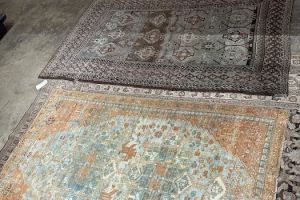
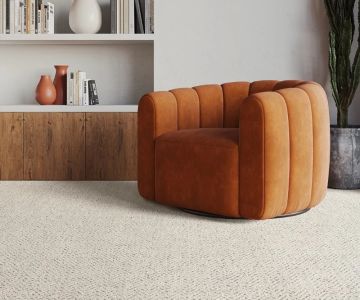
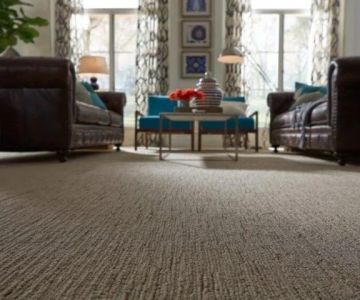
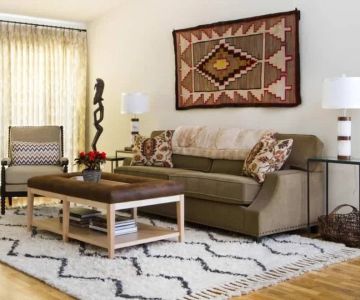
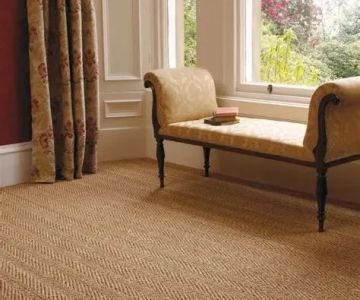
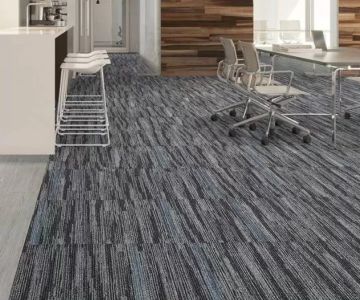
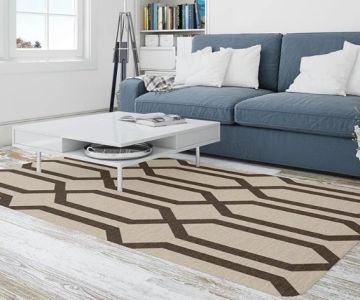
 Moshers' Carpeting4.0 (7 reviews)
Moshers' Carpeting4.0 (7 reviews)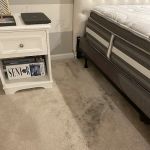 All County Carpet5.0 (5 reviews)
All County Carpet5.0 (5 reviews)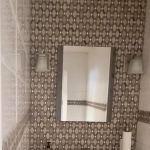 Pocono Interiors4.0 (31 reviews)
Pocono Interiors4.0 (31 reviews) McMillen's Carpet Outlet4.0 (29 reviews)
McMillen's Carpet Outlet4.0 (29 reviews) Bedford Carpet One Floor & Home4.0 (15 reviews)
Bedford Carpet One Floor & Home4.0 (15 reviews)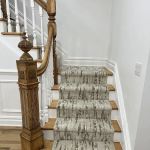 Consumer Carpets & Flooring4.0 (44 reviews)
Consumer Carpets & Flooring4.0 (44 reviews)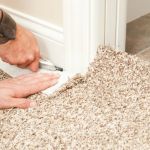 What to Expect When Installing Carpet in Your Home – A Step-by-Step Guide
What to Expect When Installing Carpet in Your Home – A Step-by-Step Guide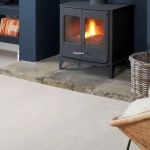 Carpet Selection Tips for Homes in Cold Climates
Carpet Selection Tips for Homes in Cold Climates What to Look for in a Carpet Installer for Your Home
What to Look for in a Carpet Installer for Your Home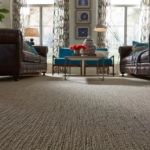 Carpet vs. Tile: Which Flooring Is Better for Your Home?
Carpet vs. Tile: Which Flooring Is Better for Your Home?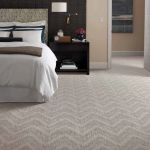 Why Carpet is the Best Option for Comfort in Bedrooms
Why Carpet is the Best Option for Comfort in Bedrooms Best Carpet Materials for Maintaining Comfort and Warmth in Winter | CarpetHub
Best Carpet Materials for Maintaining Comfort and Warmth in Winter | CarpetHub